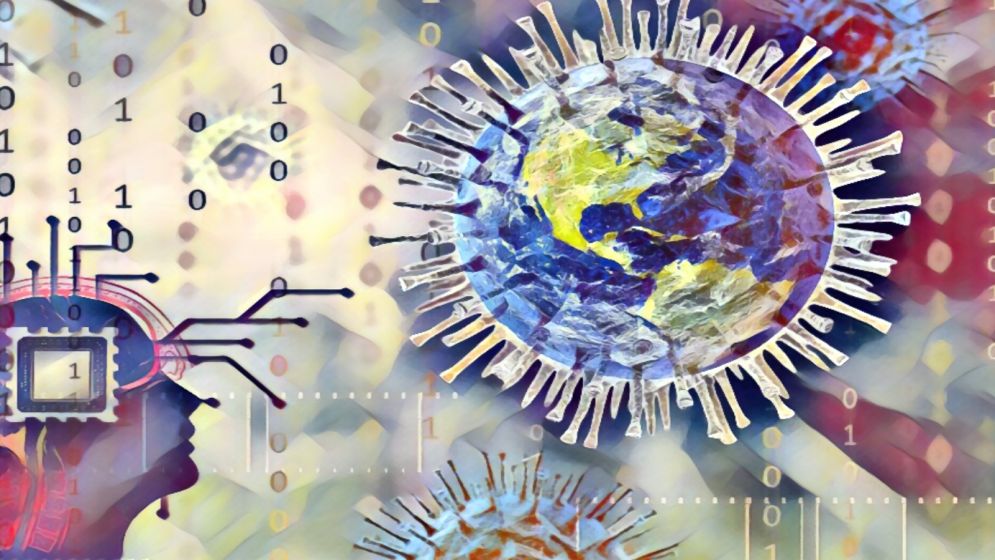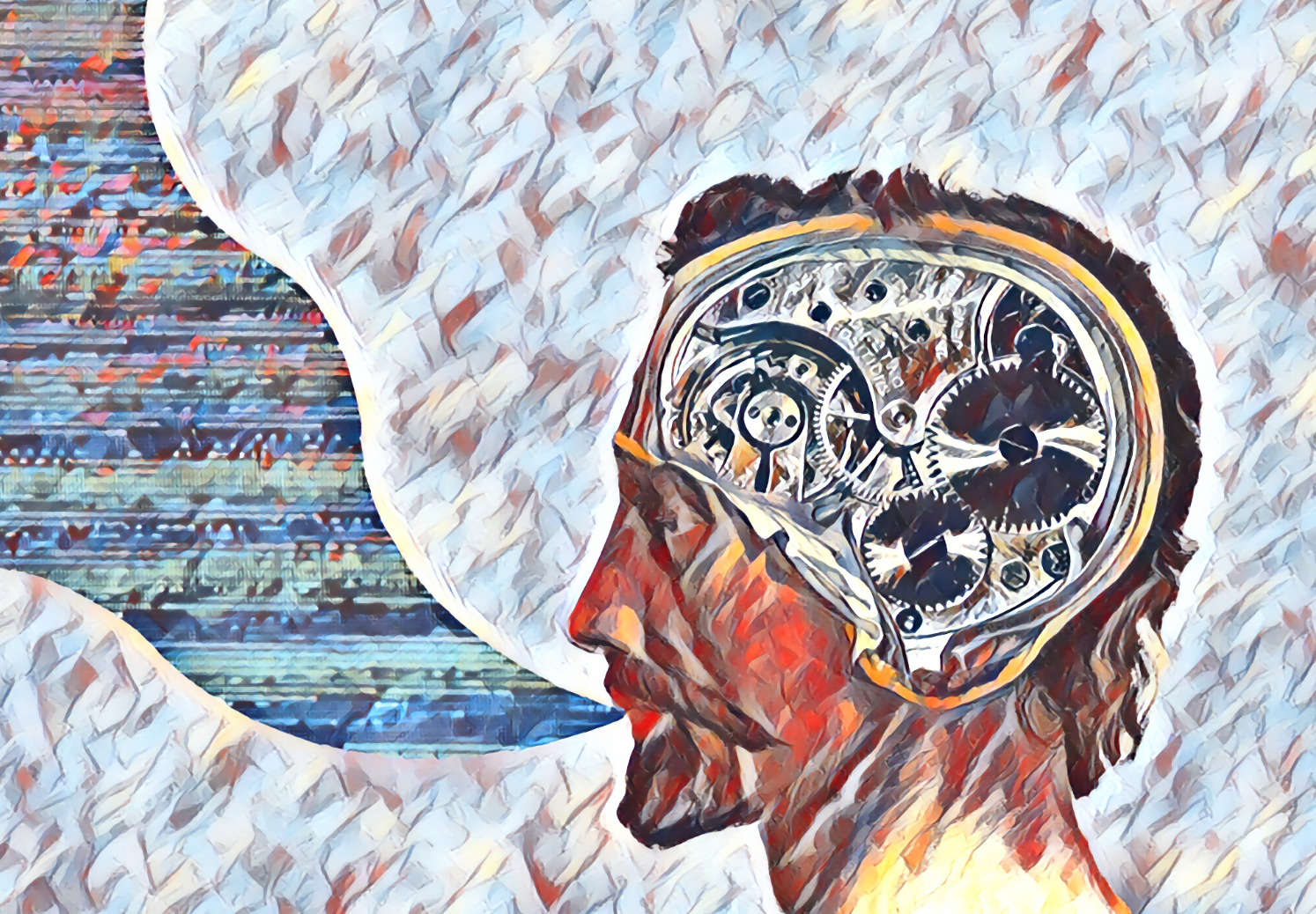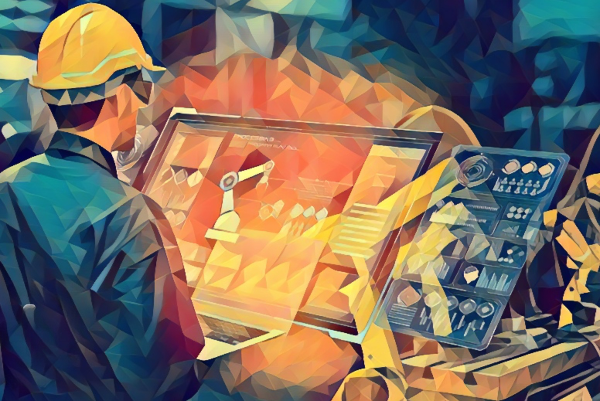The paradox of progress: Scientific pursuits, free will, and the quiet erosion of our “true” humanity

The Renaissance ignited a significant conflict between religion and politics, propelling humanity out of the Dark Ages.
Fueled by a relentless pursuit of knowledge and autonomy, people focused primarily on science, progress, and quality of life, leading to unprecedented innovation.
However, this emphasis on wealth creation sometimes overshadowed moral concerns. Politics, intended to promote justice and equality, were frequently manipulated by self-interested politicians.
National interests, originally designed to benefit citizens, meanwhile were often sacrificed to global power struggles. Economics, meant to support political structures, became subservient to a domineering economic model.
Religion, once a moral compass for society, on the other hand, transformed into either radicalism or secularism, contributing to societal unrest under the guise of free will.
Hence, we currently find ourselves within a so-called "modern civilization" that appears to offer no alternative path.
This modernity is defined by an endless cycle of consumption, where there are no restrictions on how much we can consume to meet the demands of modern life.
This has resulted in a constant battle between freedom and control, truth and falsehood, consumption and conservation, comfort and hardship, courage and fear, science and ethics, and passion and confusion.
The ideals of equal rights, charity, and peace - stemming from the Christian Reformation that preceded the Renaissance - have been reduced to empty symbols, far removed from the realities of daily life.
As a result, the cost of modern living has become incredibly high.

Science, disconnection, and overrated
pursuit of free will
There is no doubt that science reigns supreme, but it is leaving humanity disconnected from its own creations.
The pursuit of free will has transformed people into slaves to their desires, often ignoring their conscience. Liberalism is frequently used to address social and political problems, making past ideologies seem outdated.
In the coming days, economic solutions may increasingly come from artificial intelligence and digital governance, rather than human leaders. This environment offers both immense opportunities and fierce competition, forcing people to constantly strive for a better life.
The problem is, only a few succeed, while many fall into despair. This creates a divided society: those who are content are often indifferent to the struggles of those who are not.
In the 21st century, modern science is obsessed with enhancing speed, attaining precision at every scale from macro to nano, developing a digital workforce to replace human labor, and even rivaling its own creations to achieve god-like abilities.
Yet, has this advancement truly benefited all of humanity, or does it jeopardize our very existence?
Is the realm of human power, consciousness, ideals, and emotions diminishing under the weight of technology? Will human civilization evolve biologically, or will a civilization of robots take its place?
Let's confront the grim reality: advancements in science have essentially enslaved us and jeopardized our biological evolution. Our bodies are captives of technology, alienating us from our own physicality and emotions.
Our senses of smell and taste are fading as we grow increasingly dependent on devices like computers and smartphones. We often overlook what's close by, while distant, intangible things seem more alluring.
The vast interconnected world eclipses our immediate surroundings, causing us to neglect genuine human connection.
Free will is now largely dictated by a compulsion to use these devices for instant gratification.
Young people choose digital games over physical activities, students opt for quick online searches instead of visiting libraries and experiencing the physicality of books, and couples in the same room are more engaged with distant friends online than with each other.

The human cost of advancement
Very few would argue that human labor is threatened by precise technologies that increase productivity, leading to a reduced need for workers in developed economies.
This results in an aging population that strains public resources, with some feeling such despair that they choose suicide.
Rising living costs force couples to marry more for financial security than for building happy families, while young people in poorer countries turn to extremism due to a lack of job opportunities.
Human intelligence is being significantly challenged by the rise of artificial intelligence. AI now shapes human psychology, influencing what people study, where they work, whom they marry, which golf club to use, and even how they vote.
Many people may bypass traditional psychology for quick answers from a Google search. In Japan, the appeal of electronic alternatives has even reduced the biological desire for procreation.
Human security is increasingly monitored by AI through CCTV, satellites, and mass media, instead of human guards. While CCTV is intended to enhance personal safety, it often exposes personal secrets.
Mainstream media, which should act as a watchdog for society, often serves the interests of its owners. Social media, originally designed to unite society for good causes, has become an uncontrolled space lacking direction.
Technology has created comfort but also societal idleness, limiting protests to digital expressions against oppression.
Tragic events, like the deaths of children in East Jerusalem or Jewish civilians from Hamas rocket attacks, spark global reactions that often descend into biased speeches or ineffective Zoom meetings.
Journalism, especially on platforms like YouTube, often shies away from directly challenging those in power, favoring sensationalism over public service, as exemplified by Rojina Islam and her colleagues' boycott of influential figures.
So, is our so-called advanced civilization a sign of progress or a warning of decline? Should we return to the idealism of the 17th century, rejecting the romanticism of the 18th, the stark realism of the 19th, and the current century's inequality-ridden liberalism?
Is it time to reconnect with our own consciousness instead of seeking digital fixes for every problem? Should we cling to a few truths in a world of lies, or strive to build a truthful society that serves everyone, not just the powerful few?
Civilization seems trapped in modernity, potentially on a path to self-destruction. Further dilemmas will likely only widen the gap between the content and the discontented.
Continuing to indulge in liberalism may lead to opposition to gun control, a focus on individual liberties like legalizing gay marriage and abortion, and a trend towards marriages for pleasure instead of procreation, all of which threaten the very fabric of civilization.
—
Brigadier General (Retd) AF Jaglul Ahmed, ndc, psc, Phd is a regular contributor in national daily’s

